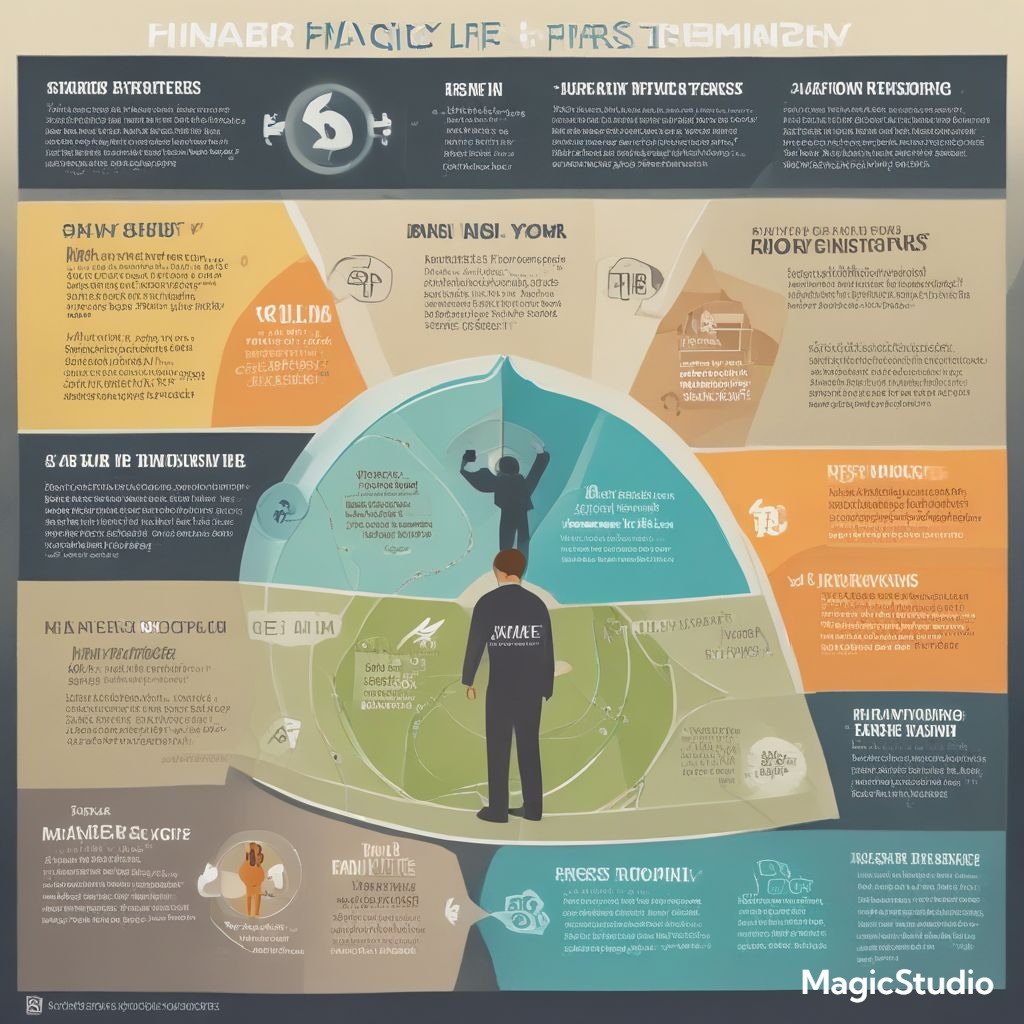Major life transitions—such as marriage, having children, changing careers, or retiring—often come with significant financial implications. Navigating these changes can be challenging, but with careful planning and strategic management, you can maintain financial stability and set yourself up for future success. In this blog, we’ll explore practical strategies for managing your finances during these critical life transitions.
1. Assess Your Current Financial Situation
Before making any significant decisions, take stock of your current financial status.
Assessment Steps:
- Net Worth Calculation: List all assets (savings, investments, property) and liabilities (debts, loans) to determine your net worth.
- Monthly Budget Review: Analyze your income and expenses to understand your spending patterns and identify areas for improvement.
- Emergency Fund Status: Check if you have an emergency fund that can cover three to six months of living expenses, providing a cushion during transitions.
2. Set Clear Financial Goals
Establishing clear financial goals is essential during major life transitions.
Goal-Setting Tips:
- Short-Term Goals: Identify immediate financial needs, such as saving for a down payment on a home or covering relocation costs.
- Long-Term Goals: Consider how this transition impacts your long-term objectives, such as retirement savings or children’s education funds.
- SMART Goals: Make your goals Specific, Measurable, Achievable, Relevant, and Time-bound to enhance clarity and focus.
3. Create a Flexible Budget
A flexible budget can help you navigate the financial changes associated with life transitions.
Budgeting Strategies:
- Adjust Categories: Modify your budget categories to reflect new expenses or changes in income. For example, you may need to budget for childcare or increased housing costs.
- Prioritize Essential Expenses: Focus on covering essential expenses first, such as housing, food, and healthcare, before allocating funds to discretionary spending.
- Use Budgeting Tools: Consider using budgeting apps or software to help track your income and expenses effectively.
4. Manage Debt Wisely
Debt management is critical during major life transitions, especially if your financial situation changes.
Debt Management Tips:
- Evaluate Existing Debt: Review your current debts and interest rates. Consider consolidating high-interest debts to save on interest payments.
- Create a Repayment Plan: Develop a plan for paying down debt, focusing on the highest-interest debts first or using the snowball method (paying off the smallest debts first).
- Avoid New Debt: Be cautious about taking on new debt during transitions unless absolutely necessary.
5. Build or Adjust Your Emergency Fund
Having a robust emergency fund is crucial during uncertain times.
Emergency Fund Strategies:
- Reassess Fund Goals: Depending on your life transition, you may need to adjust your emergency fund goals. For example, if you’re starting a new job, ensure you have enough to cover potential gaps in income.
- Automate Savings: Set up automatic transfers to your emergency fund to ensure consistent contributions, even if your income fluctuates.
6. Review and Update Insurance Coverage
Major life transitions often necessitate reviewing your insurance policies.
Insurance Review Steps:
- Health Insurance: Ensure you have adequate health coverage, especially if you’re changing jobs or have a growing family.
- Life and Disability Insurance: Consider increasing life or disability insurance if your responsibilities or financial commitments change significantly.
- Property and Liability Insurance: If you’re buying a home or moving, update your homeowners or renters insurance to reflect your new situation.
7. Invest in Your Future
Despite the financial adjustments required during transitions, it’s essential to keep your long-term financial goals in sight.
Investment Tips:
- Continue Retirement Contributions: If possible, continue contributing to your retirement accounts, even if you need to reduce contributions temporarily.
- Reassess Investment Strategy: Evaluate your investment portfolio to ensure it aligns with your current goals and risk tolerance.
- Consider Professional Advice: If you’re unsure about your investment strategy, consider consulting a financial advisor for personalized guidance.
8. Stay Informed and Adaptable
Flexibility is key during major life transitions. Staying informed about your financial situation and being willing to adapt will help you navigate changes more effectively.
Adaptability Strategies:
- Regular Check-Ins: Schedule regular financial check-ins to review your budget, goals, and progress. Adjust as necessary to reflect your changing circumstances.
- Stay Educated: Keep learning about personal finance and investment strategies to make informed decisions during transitions.
9. Seek Support from Trusted Sources
Don’t hesitate to seek support from family, friends, or professionals during major life transitions.
Support Strategies:
- Discuss Finances with a Partner: Open communication about finances is essential, especially if you’re transitioning into marriage or parenthood.
- Engage Financial Professionals: Consider working with financial planners, tax advisors, or counselors who can provide expert advice tailored to your situation.

